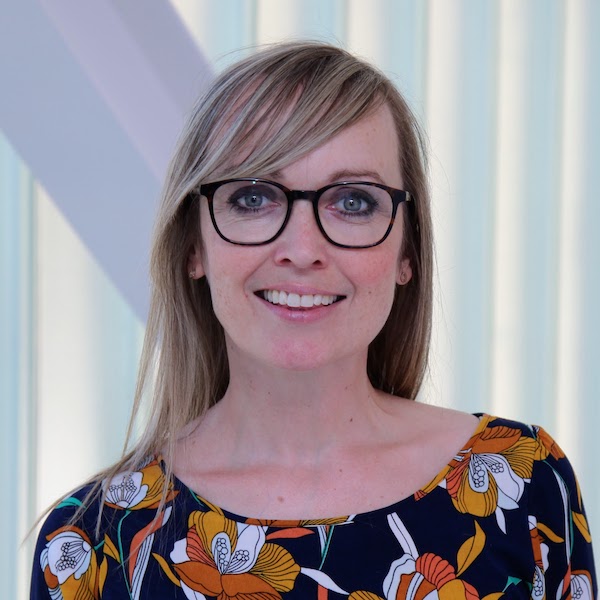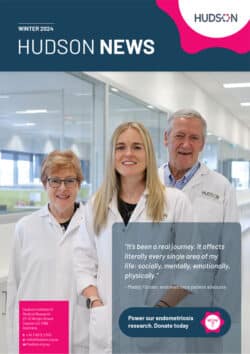Dr Emily Camm
- Senior Research Scientist, Neurodevelopment and Neuroprotection
- emily.camm@hudson.org.au
Dr Emily Camm is a member of the Neurodevelopment and Neuroprotection Research group in The Ritchie Centre.

Areas of interest
Birth asphyxia Cerebral Palsy Fetal growth restriction (FGR) Preterm birth
Research group
Neurodevelopment and Neuroprotection
Biography
Following completion of a BSc with Honours and a PhD in Fetal Physiology at Monash University, Dr Emily Camm undertook post-doctoral training at The University of Geneva and the University of Cambridge. Between 2015-2029, Dr Camm was a lecturer in human reproduction and placental and fetal physiology in the Department of Physiology, Development and Neuroscience at the University of Cambridge. In January 2020, Dr Camm was recruited to the Neurodevelopment and Neuroprotection Group at The Ritchie Centre.
Dr Camm uses a combination of high-resolution respirometry, stereological and molecular biology techniques to advance understanding of the physiology of neurodevelopment from the gene to the systems level. Her long term goal is to identify how conditions during early life, such as placental insufficiency or an altered maternal diet, can programme neurodevelopment and increase susceptibility to degenerative diseases later in life. Dr Camm has published widely on the mechanisms underlying alterations in brain morphology and behaviour in offspring following hypoxia or glucocorticoid exposure, and the use of therapeutic strategies to improve outcomes in offspring from complicated pregnancies. More recently, Dr Camm has been focussing on feto-placental growth and metabolism, in particular, the hormonal control of mitochondrial function in placental and fetal tissues, and the role of these early life developmental processes in programming adult health.
Dr Camm makes a significant contribution to teaching and mentoring the next generation of scientists through outreach teaching programs at local high schools, supervising Honours and PhD students, and lecturing for the Graduate Diploma in Reproductive Sciences (GRS) and BME3082 (Fetal and Neonatal Development) courses at Monash University. She is currently the Post-Graduate Coordinator for the Department of Obstetrics and Gynaecology.
Dr Camm’s commitment to boosting the impact of women in STEM has been recognised by her recent award from the Australian Health Research Alliance, her appointments as a STEM Ambassador for Science Technology Australia and Alumni Mentor for the Betty Amsden AO Leadership Program, and competitive selection into the veski inspiring women STEM sidebyside program.
Previous funding: Medical Research Council (UK), The Royal Society (UK), the University of Cambridge, Australian Health Research Alliance Women’s Health Research, Translation and Impact Network, Cerebral Palsy Alliance, Norman Beischer Foundation, Hudson Institute of Medical Research, and Monash University.


